
[caption id="TheLastnightofTheProms_Feature" align="aligncenter" width="1024"]
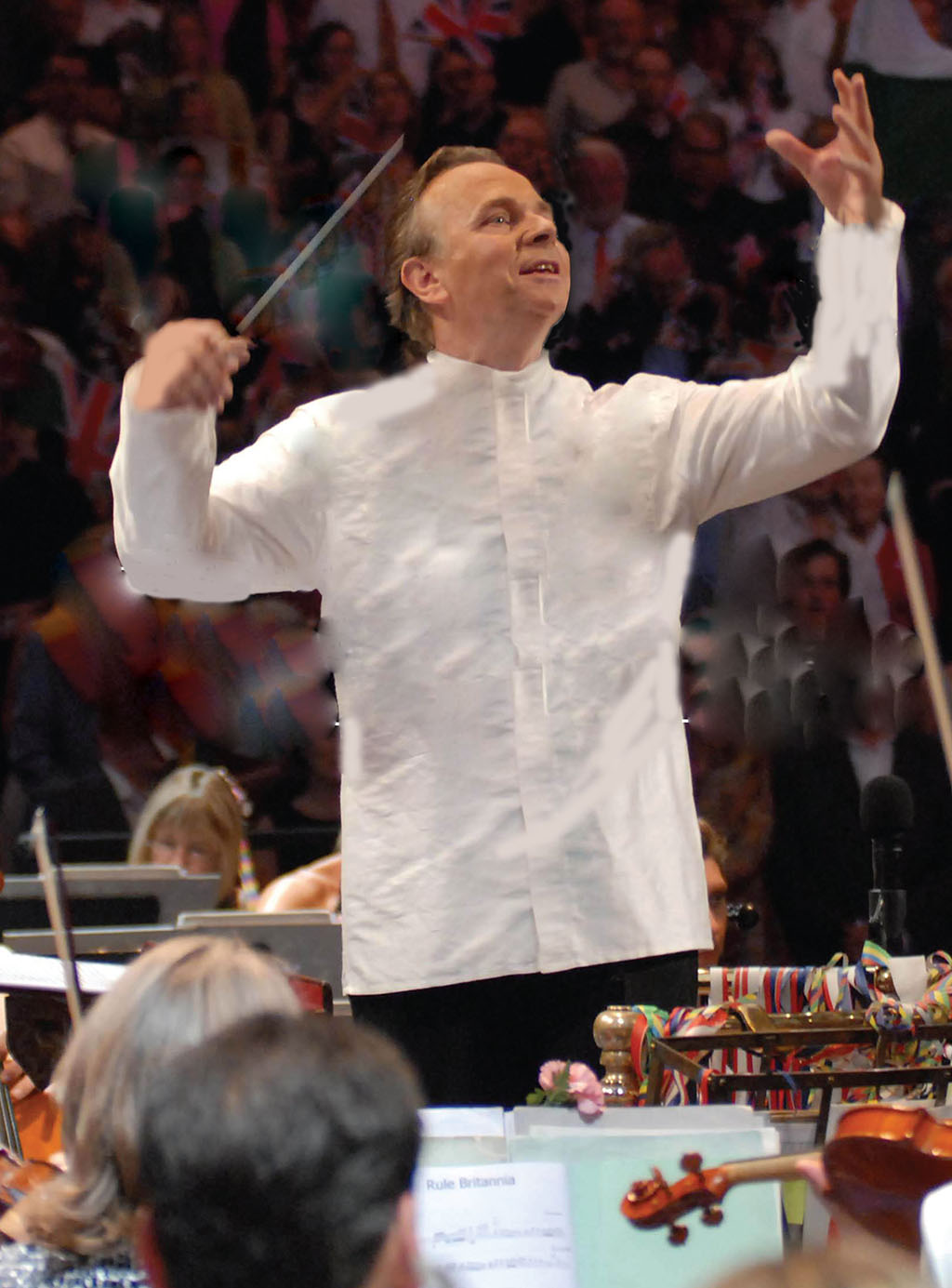
© BBC
It was impossible to just sit back and be a spectator at the Last Night of the Proms concert. Soon, I was up on my feet, along with thousands of others at London’s Royal Albert Hall, for this yearly event. Just when I thought the emotions of the evening could not soar higher, the audience joined with the chorus in a rousing “Jerusalem,” followed by “God Save the Queen.”
[caption id="TheLastnightofTheProms_img1" align="aligncenter" width="1024"]
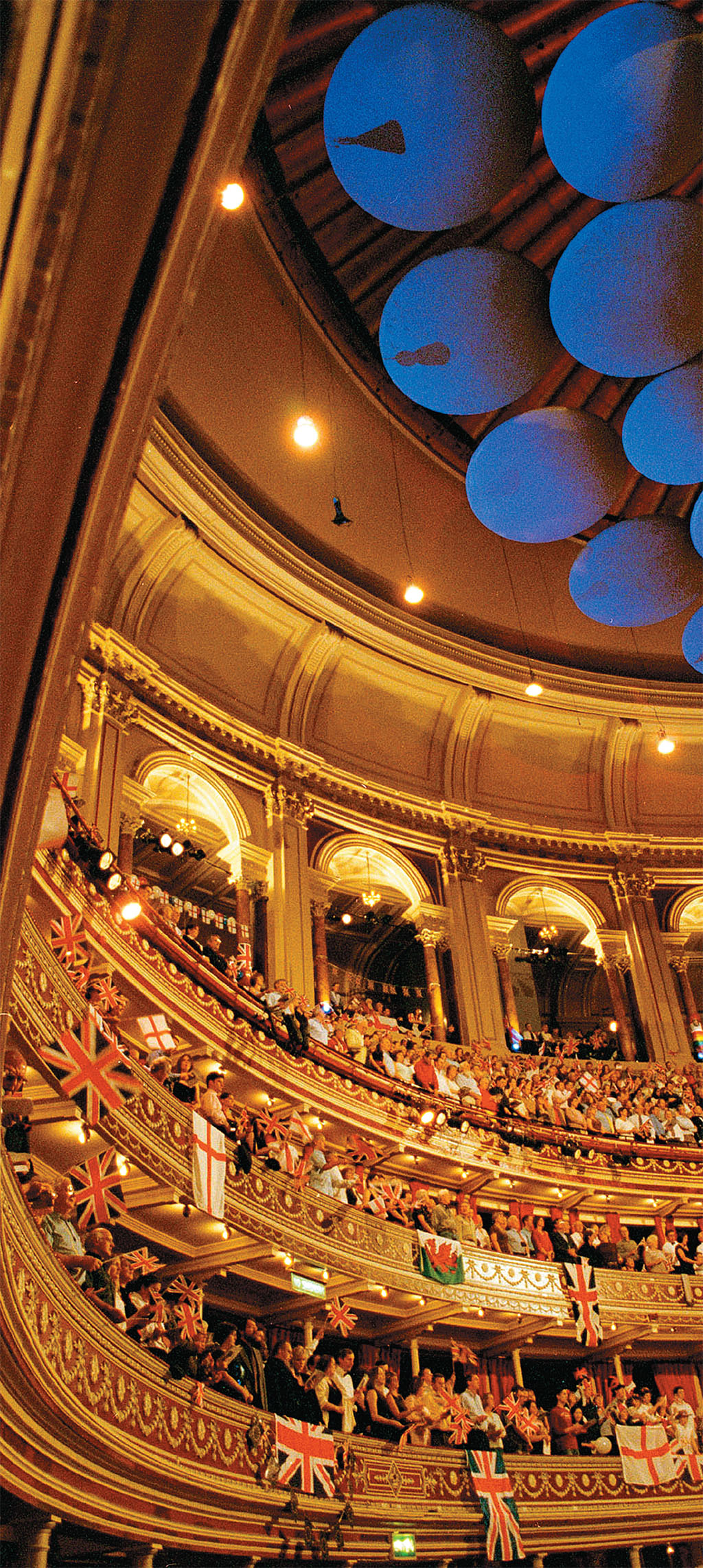
©CHRIS CHRISTODOULOU/BBC
No matter how many times I had seen the Last Night of the Proms concert on television or heard about it from friends lucky enough to have attended, nothing prepared me for what was a truly unforgettable experience; it’s no wonder they’re the hottest tickets in town.
Promenaders, who pay a trifling to stand in the central arena directly in front of the orchestra or up in the gallery, as people did more than a century ago at the first Proms (short for promenade concerts), were decked out in everything from evening dress to faded jeans. Some were wrapped in attire with the Union Jack colors and design, and it seemed like everyone was holding a flag of one size or another. Anybody who did not bring a flag could buy one at the well-stocked kiosks outside the hall. Inside the hall, handheld flags were waving in every direction, while others were draped over railings or strung from pole to pole, representing a number of countries. Overlooking the stage was a bust of Henry Wood with the Union Jack cloaked around his shoulders. During the interval a victory wreath was placed on his head to a thunderous round of applause.
[caption id="TheLastnightofTheProms_img2" align="aligncenter" width="481"]
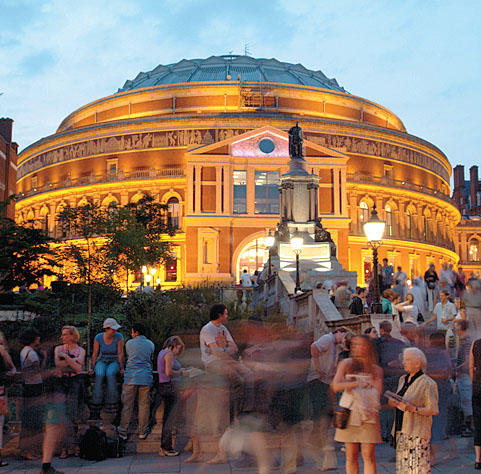
© CHRIS CHRISTODOULOU/BBC
The Last Night usually takes place on the second Saturday in September, the final concert of the eight-week Proms season. Each summer the Proms gloriously take over the Royal Albert Hall from mid-July to mid-September with an eclectic mix of music in more than 70 concerts. The largest classical music festival in the world and one of the most popular, the Proms offer symphonies, operas and chorale performances by virtually every renowned international orchestra, conductor and soloist.
[caption id="TheLastnightofTheProms_img3" align="aligncenter" width="1024"]
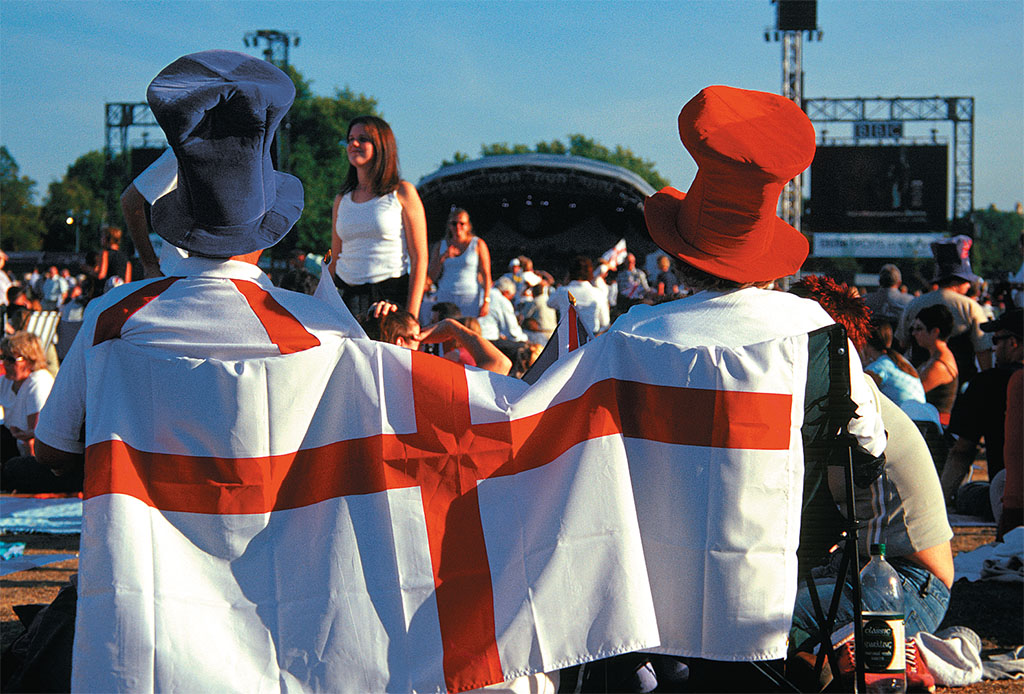
BRITAINONVIEW/JASMINE TEER
The first Prom was held on August 10, 1895, at the Queen’s Hall, near what became the Broadcasting House in the West End. The idea was conceived by well-known impresario Robert Newman, along with a young conductor named Henry Wood. In those days, concerts were a luxury, so the combination of cheap tickets and an informal atmosphere enabled large audiences to attend live orchestral programs. Wood became the first conductor of the Proms and led almost every concert thereafter for nearly 50 years until his death in 1944. In 1927 the British Broadcasting Company began running the festival. When the Queen’s Hall was destroyed by a bomb on May 10, 1941, at the height of the Blitz, the concerts relocated to the Royal Albert Hall, where that year’s season began on schedule. Shortly before his death, Wood offered the BBC exclusive rights to the title “Henry Wood Promenade Concerts” for as long as it continued to promote them.
On this particular Last Night, the first part of the program focused on Russian composers, in tribute to the 100th anniversary of the birth of Dmitry Shostakovich. The evening began with the BBC Symphony Orchestra, led by Mark Elder, performing Shostakovich’s “Festive Overture.” The audience, however, seemed to be waiting in anticipation for the next interval.
Eric Coates’ “Callings All Workers,” written for the film Vera Drake in 2004, got the second half off to a stirring start. A tradition in the second-half program is Henry Wood’s “Fantasia on British Sea Songs,” and variations on this theme have been performed at every Last Night for the past 111 years. Those standing in the arena and gallery bob up and down in time to the music. The sea songs include “Rule, Britannia” by Thomas Arne, with the audience expected and encouraged to join in the repeated refrain. On his score, Wood wrote years ago that “when it comes to the singing of ‘Rule, Britannia’ we reach a climax that only Britons can reach and I realize I can be nowhere in the world but in my native England.”
The triple crown of “Land of Hope and Glory,” “Jerusalem” and “God Save the Queen” that played at the end of the night compelled everyone to stand, and left few eyes dry. “Jerusalem” seems to evoke as much patriotic sentiment as the official national anthem.
On September 3, 2006, for the first time ever in the history of the Proms, including the war years, a concert had to be canceled, because a fire within the Royal Albert Hall knocked out its electrical system. The next night, however, the Proms continued as usual. Perhaps this more than anything sums up the spirit of these concerts and the British people.
[caption id="TheLastnightofTheProms_img4" align="alignright" width="943"]
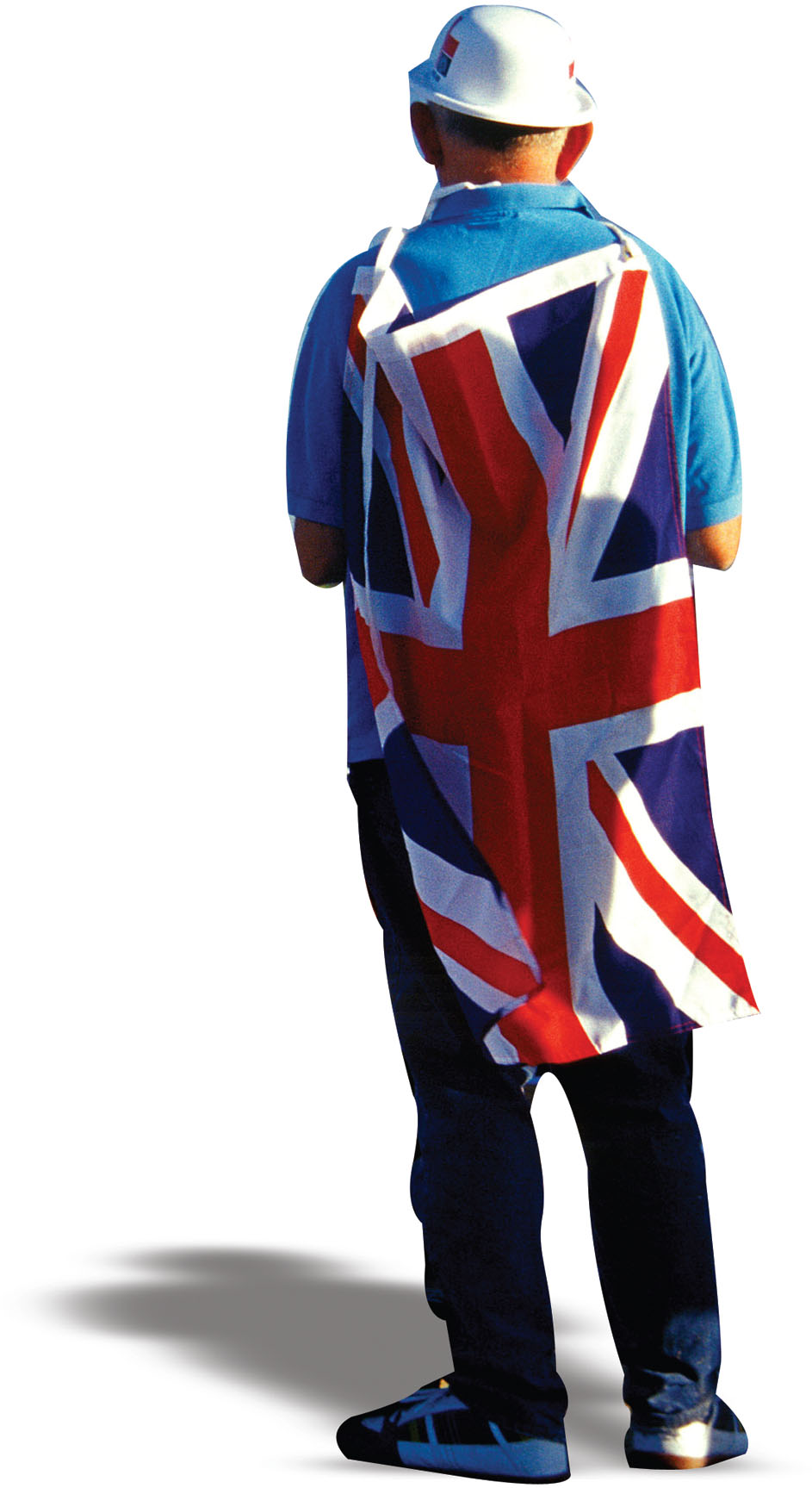
BRITAINONVIEW/JASMINE TEER
The Last Night of the Proms is broadcast worldwide on television and radio. Over the past 10 years, more than 1 million people have also experienced the Last Night outdoors; Proms in the Park take place across the United Kingdom in Hyde Park (just across the road from the Royal Albert Hall), Manchester, Belfast, Glasgow and Swansea. More than 1,500 musicians perform, and live feeds are projected onto giant screens at all the venues, allowing the crowds to acknowledge each other and share in the fun.
In recent years the Last Night has been criticized for its jingoism and nationalism. My impression, however, was simply of people of the world coming together to enjoy good music and to celebrate. It may be an experience that doesn’t need repeating. But for that one occasion, the pomp, custom and emotion overtake even the most skeptical audience members as history and tradition come together in the union of the Proms, the BBC and the Royal Albert Hall.





Comments